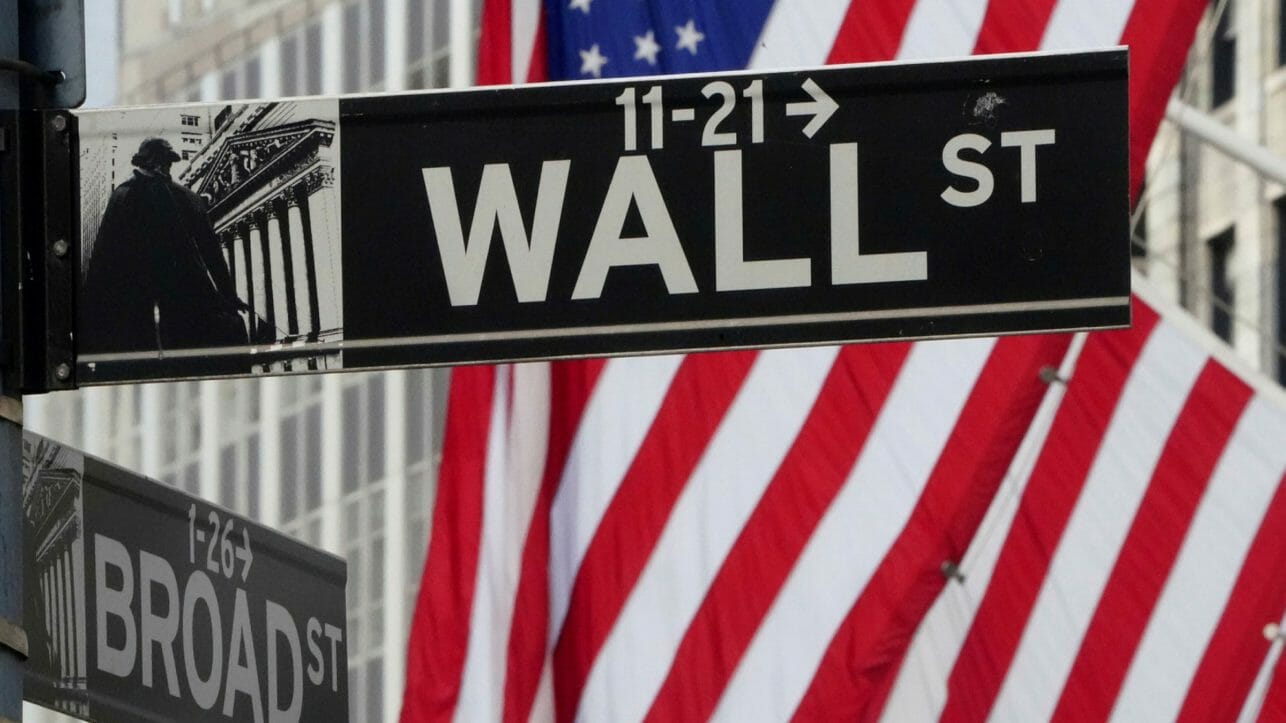Thursday Witnessed Decreases Across the Market
Earlier this week, stock market indexes reached unexpected highs, driven by positive news about gradual improvements in the job market and the initial stages of recovery from the pandemic’s impact. Stock values reached their highest points in several months. However, without any clear catalyst, the situation shifted dramatically on Thursday, with stock prices plunging to levels not seen since the peak of the COVID outbreak back in June.
The prominent tech companies in the United States were particularly impacted by this sudden downturn. Alphabet, the parent company of Google, saw a 5% decrease in shares, resulting in losses of approximately $3.6 billion for Larry Page and $3.5 billion for Sergey Brin. Microsoft also witnessed a 6.2% drop in stock prices, causing former CEOs Bill Gates and Steve Ballmer to lose $2.9 billion and $4.8 billion, respectively. Mark Zuckerberg, the CEO of Facebook, faced a loss of around $4.2 billion, which is believed to be linked to Facebook’s recent decision to ban political advertisements before the 2020 election. Tesla experienced one of the most significant declines, with a 9% fall in its stock value yesterday on top of another 9% drop earlier in the week following a stock split. These losses amounted to a total of approximately $8.5 billion for Elon Musk, the CEO of Tesla.
The most substantial loss was recorded by Amazon, with a 4.6% decline in share prices. This resulted in a loss of around $9 billion for CEO Jeff Bezos, who had recently become the world’s first $200 billionaire. Amazon’s losses also affected Bezos’ ex-wife, MacKenzie Scott, who lost about $3.2 billion. This setback occurred just a day after Scott was named the richest woman in the world, a title she has now relinquished due to this financial loss, which has reverted the title to its previous holder, Françoise Bettencourt Meyers of L’Oreal.
Despite the significant losses, many investors did not seem overly concerned about the sell-off. Tech stocks had been on an upward trend in recent months due to the increased demand for remote infrastructure necessitated by the pandemic, and investors anticipated a natural correction in the market. The key determinant for the market’s future trajectory will be whether the unemployment figures can sustain their downward trajectory.













































